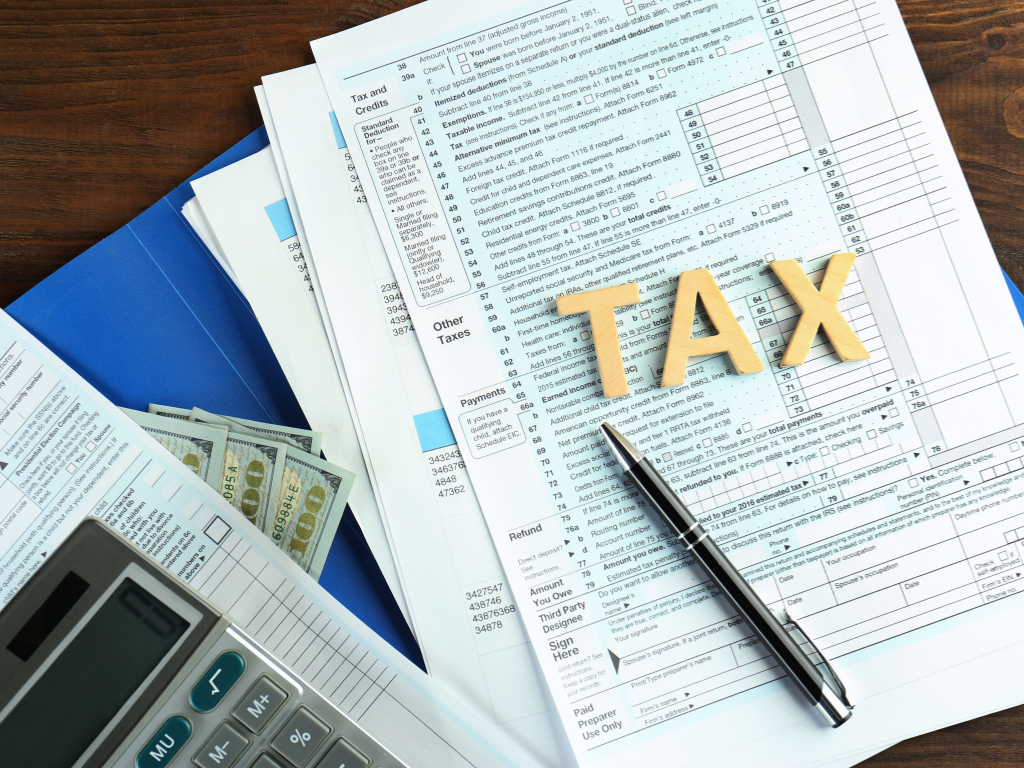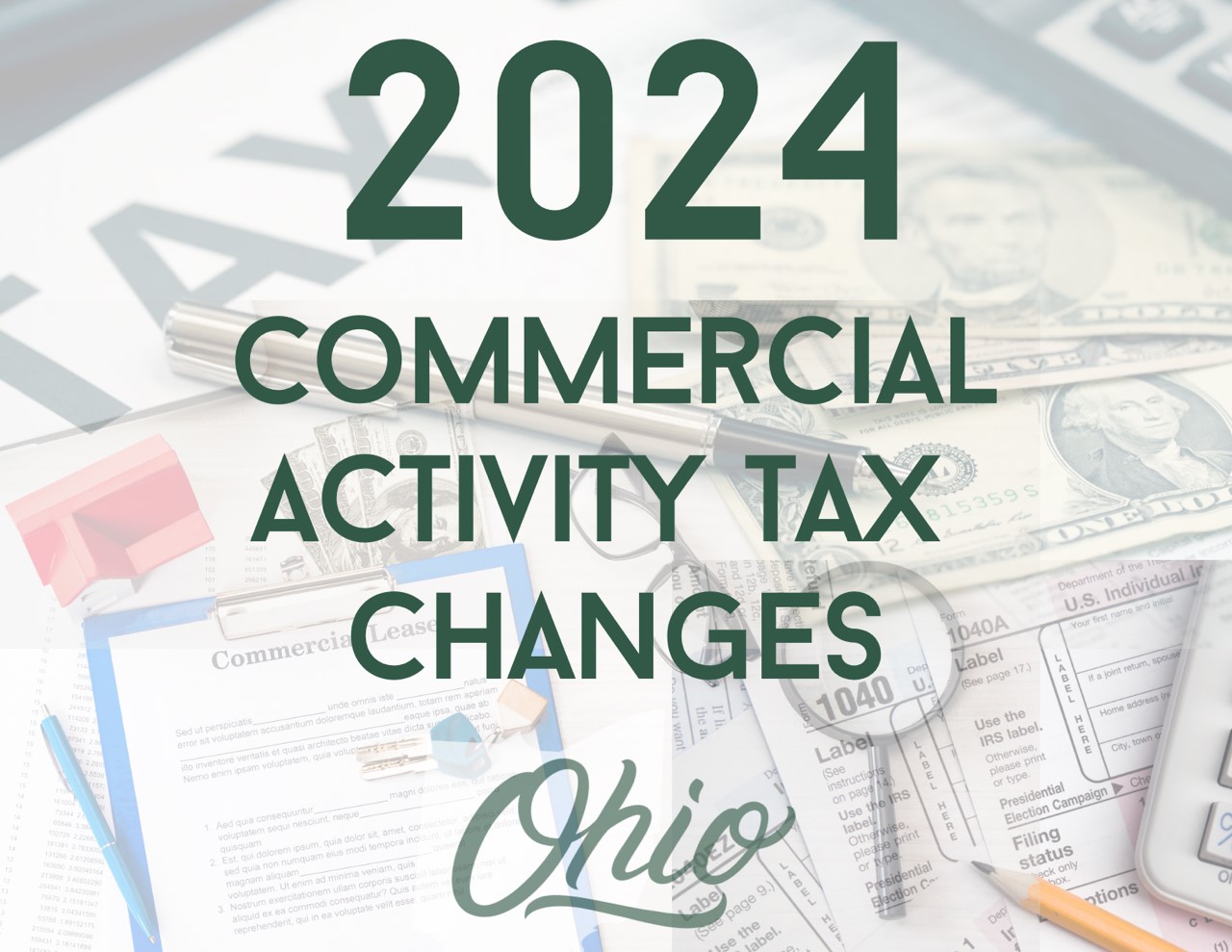On August 8, 2020, President Trump signed an executive order extending certain aspects of COVID-19 relief in the absence of a new bill from Congress. The executive order includes several measures to protect individuals as provisions of the CARES Act expire or have expired.
Here’s what was in the order:
Payroll tax delay – The order authorizes the Treasury to consider methods to defer the employee share of Social Security taxes (IRC section 3101(a) and Railroad Retirement Act taxes under section 3201(a)) for employees earning up to $104,000 per year ($4,000 biweekly) for a period beginning Sept. 1, 2020, through Dec. 31, 2020. No interest, penalty, or additional assessment would be charged on the deferred amount. At this point, this is not effective. It means the Treasury can exercise authority and explore ways to achieve forgiveness on the deferred amounts, such as legislation. While nothing will be done until the Treasury issues guidance, employers will need to be mindful of this as the liability of this payment could fall on them depending on the final rule.
Unemployment benefits – The $600 per week unemployment benefit authorized by the CARES Act expired on July 31. The executive order retroactively authorizes $400 per week from Aug. 1; however, states must contribute $100 and the remaining $300 would come from the federal government. The funding for the federal portion would come from the FEMA Disaster Relief Funds and would continue until the earlier of Dec. 6, 2020, or a drop in the Fund balance to below $25 billion. The state portion is to come from federal funds already distributed to the states. Questions of whether the FEMA funds can be used for this purpose are still outstanding.
Evictions – The evictions portion of the executive order asks the secretary of HHS and director of CDC to consider whether halting residential evictions is reasonably necessary to help prevent further spread of COVID-19 and also authorizes the Treasury Secretary and HUD Secretary to consider potential financial assistance for renters. The CARES Act banned evictions through July 25 for properties with federal mortgage programs or HUD funds.
Student loans – The student loan interest deferral enacted by the CARES Act is set to expire Sept. 30, 2020. The executive order would waive student loan interest until Dec. 31, 2020, for loans held by the Department of Education only.
Final guidance is required from the respective agencies before some of these measures can be enacted. Contact us with questions.
419-625-4942
Sandusky
419-668-2552
Norwalk
Treasury Circular 230 Disclosure
Unless expressly stated otherwise, any federal tax advice contained in this communication is not intended or written to be used, and cannot be used or relied upon, for the purpose of avoiding penalties under the Internal Revenue Code, or for promoting, marketing, or recommending any transaction or matter addressed herein.
 Home
Home Sign In
Sign In Make a Payment
Make a Payment Search
Search










